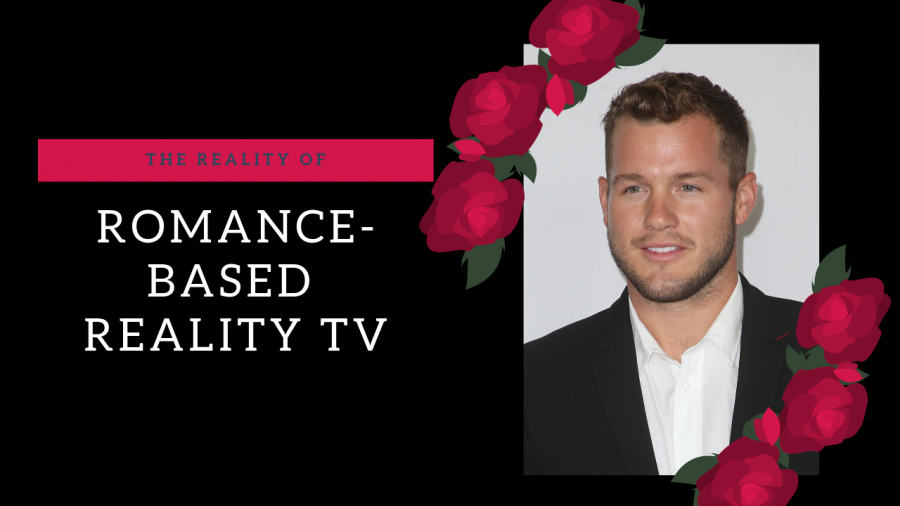The reality of romance-based reality TV shows
Faye Sadou/AdMedia/Zuma Press/TNS
Colton Underwood as Disney ABC Television hosts its TCA Summer Press Tour, held Aug. 7, 2018 at The Beverly Hilton Hotel in Beverly Hills, Calif.
Hit reality television series “The Bachelor” is in the middle of its 23rd season, with former “Bachelorette” contestant Colton Underwood currently in the role of the titular bachelor. The show is known more for its drama than its genuine romantic sentiment, but there’s something about the show that doesn’t feel right.
Though the show’s gimmick is that it generally ends with a proposal, only one winning couple from the previous 22 seasons is still together. If you count runners-up, there have been three successful relationships, but even then, that’s still a 13.6% success rate overall.
The numbers look a bit better for ABC’s sister show, “The Bachelorette,” as six of the show’s winning couples are still together to this day, but with 14 seasons so far, that still amounts to a 42.9% success rate. These numbers probably don’t sound too great to Underwood.
What separates romance movies from romance-based reality TV shows is that the TV show relationship continues after the cameras stop rolling, and no amount of pageantry in the live finale can stop the “reality” that follows afterward.
This isn’t just a problem with ABC’s shows either. Lifetime’s “Married at First Sight” revolves around a concept that’s already fairly flawed, so it shouldn’t be surprising to learn that it has resulted in 16 divorces out of the 21 marriages so far.
Though Valentine’s Day is in the rearview mirror now, the stench of love is still wafting in the air, and given his role on “The Bachelor,” it would be safe to assume that Underwood wants to get in on the lovely vibes as well. As I watch the show, however, this hypothesis slowly begins to seem less substantial.
The fourth episode of this season was the one where I first started to feel gross while watching “The Bachelor.” The two girls that were being focused on in that episode, Demi and Courtney, were taking turns trying to convince Underwood that the other was bad news, with Demi in particular using the phrase “cancer of the house” about 16 billion times.
The dialogue was standard reality TV show fare, but it was the scene itself that was off-putting. As Courtney entered the room and prepared to villainize her roommate, she had to wait by the door until Underwood finished making out with Demi.
If polygamy is your thing, I won’t shame you for letting your flag fly. However, with Underwood claiming to be looking for his future wife, it’s a bit weird to see him flexing on one of his potential partners like that, especially when he sent Demi home five eliminations after getting rid of Courtney.
This isn’t a slight against “Colton Underwood” the person – the guy seems like he already found someone he’s into (spoiler alert: it’s Cassie Randolph) – but as for the character being portrayed on the show, he’s not the best hero around.
I can’t stand “The Bachelor,” neither the concept nor the execution, but from the bit I’ve been roped into watching with my friends, I do think Underwood and Randolph are cute together. I’d even go as far as to say that I’m rooting for them. The odds don’t lie, however, so I feel even less confident cheering them on than I did watching the Rams during the Super Bowl.
This is a reality TV show we’re talking about, and as far as that genre goes, “The Bachelor” does its job. As a matchmaker, however, it doesn’t seem to be doing its job well. I like to imagine that the Colton Underwood character conjured up on the show is the real deal so that I can care a bit less about the inevitable. I do see hints of genuineness, though, so I hope Underwood can take a moment and realize what’s ahead of him to minimize the potential damage.







